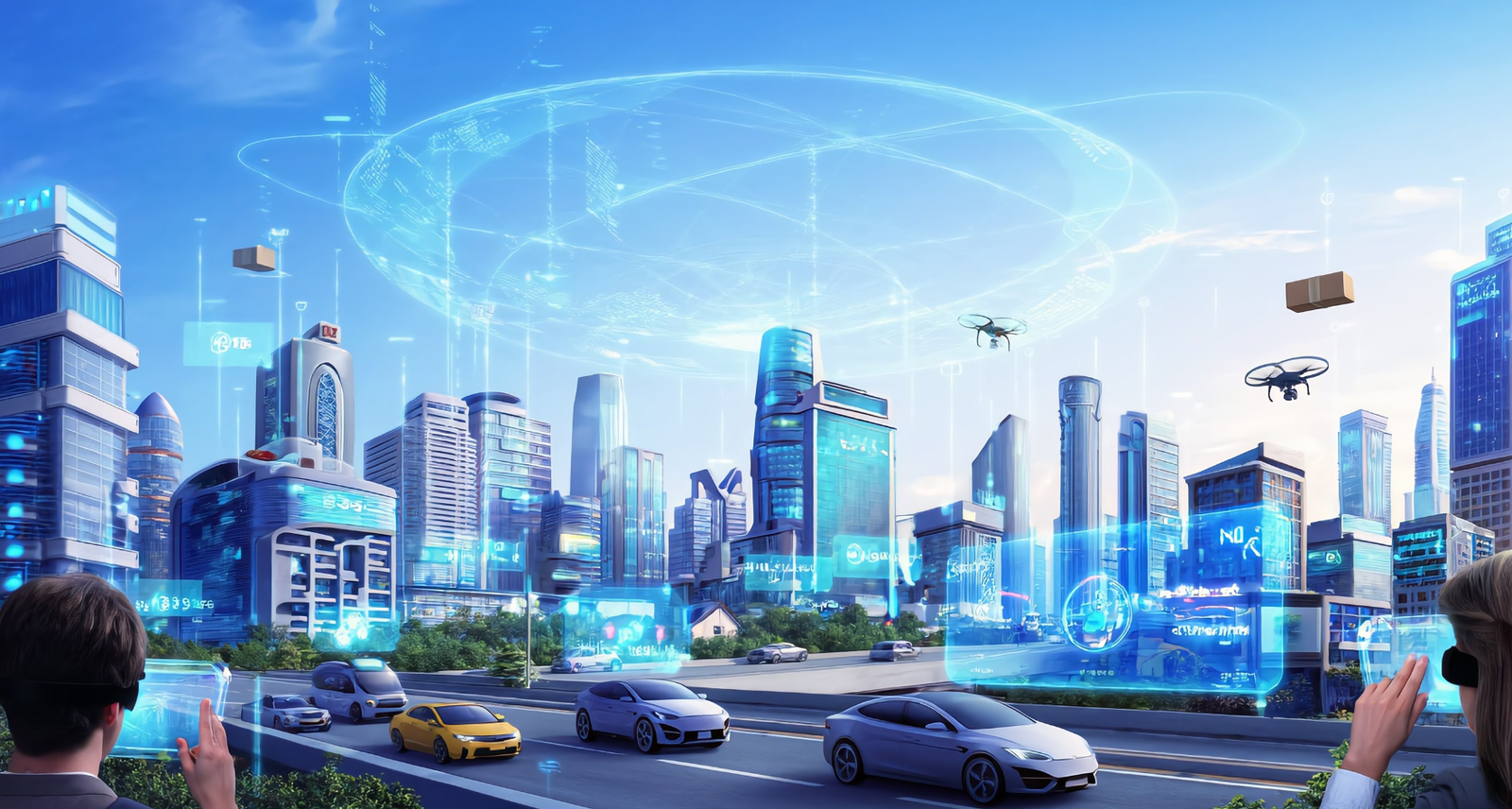Can AI Will Revolutionize Everyday Life by 2030
Introduction
AI Will Revolutionize Everyday Life by 2030, shaping the way we live, work, travel, and even receive healthcare. From intelligent personal assistants to self-driving cars and AI-powered homes, artificial intelligence is transitioning from innovation to necessity. In this article, we explore the top 5 ways AI will transform everyday experiences and the practical implications of AI in daily life.
AI in Healthcare – From Diagnosis to Personalized Medicine
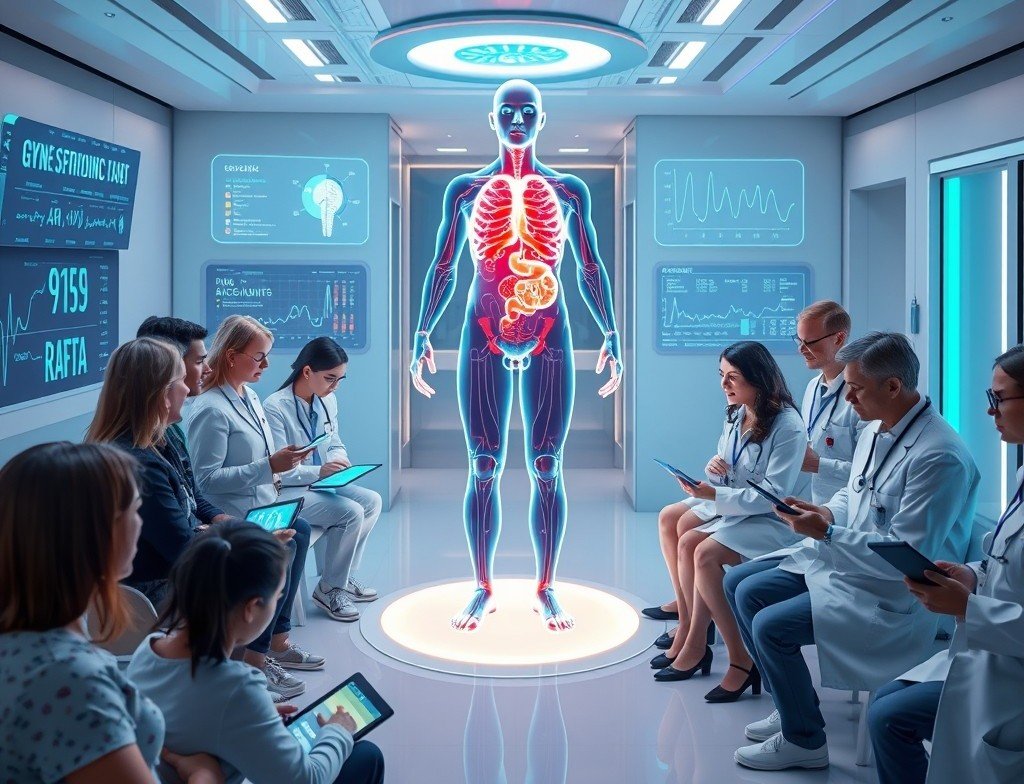
AI is already transforming healthcare, and by 2030, its impact will be monumental. AI algorithms will assist doctors in diagnosing diseases earlier and more accurately by analyzing medical images, genetic data, and patient records in real time. Machine learning will also help develop personalized treatment plans based on individual health data.
Key Transformations:
- Early detection of cancer and rare diseases
- AI-assisted robotic surgeries
- Real-time monitoring through wearable AI devices
- Mental health diagnostics using NLP algorithms
Smart Homes Powered by AI
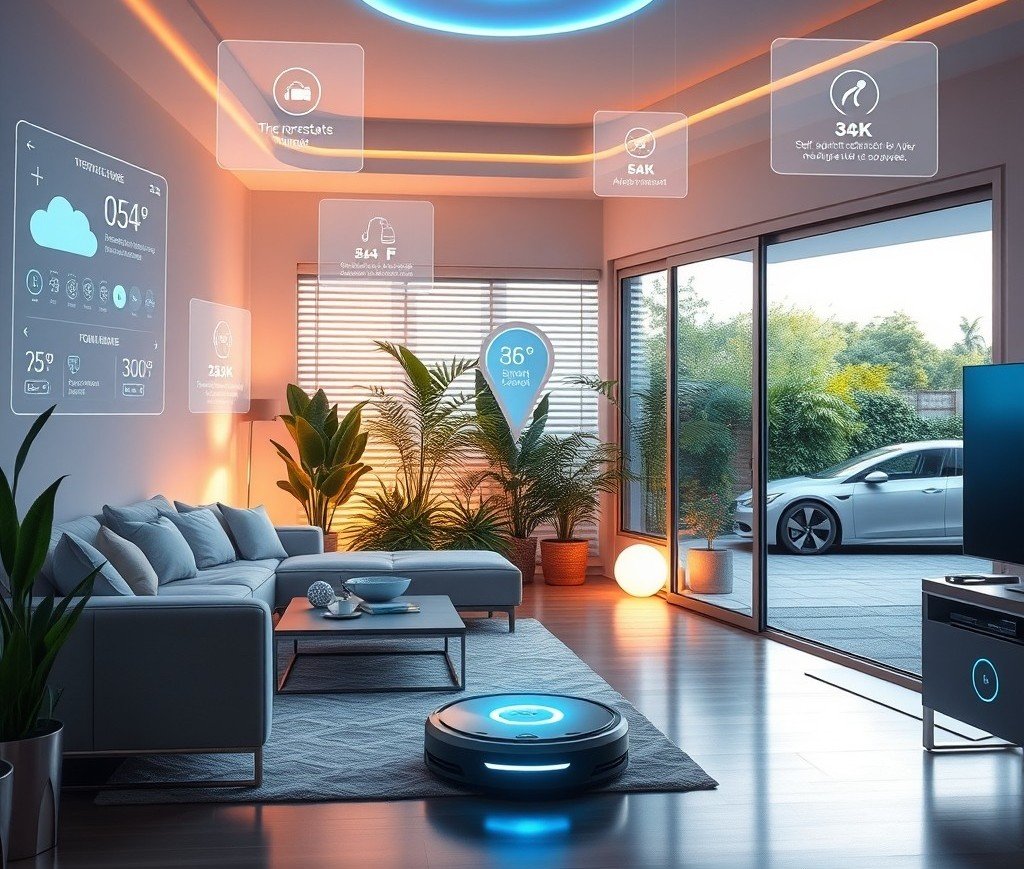
AI will become the brain of modern homes. From voice assistants like Alexa and Google Assistant to fully automated lighting, security, and appliances, AI will enhance comfort, efficiency, and safety in everyday life.
AI Features in Smart Homes:
- Voice Assistance: AI-powered voice assistants like Amazon Alexa or Google Assistant control devices, set schedules, and provide information using natural language processing (NLP).
- Predictive Maintenance: AI algorithms monitor appliances and systems for potential failures, scheduling maintenance before issues arise, improving efficiency and longevity.
- Energy Management: AI analyzes usage patterns to optimize energy consumption, adjusting heating, cooling, and lighting based on occupancy and preferences to save energy.
- Security and Surveillance: AI-powered cameras and sensors detect anomalies, sending alerts and triggering responses such as activating alarms or notifying homeowners.
- Personalization: AI learns user habits and preferences over time, adjusting settings automatically (like preferred lighting or temperature) to enhance comfort and convenience.
Autonomous Vehicles and AI-Driven Transport
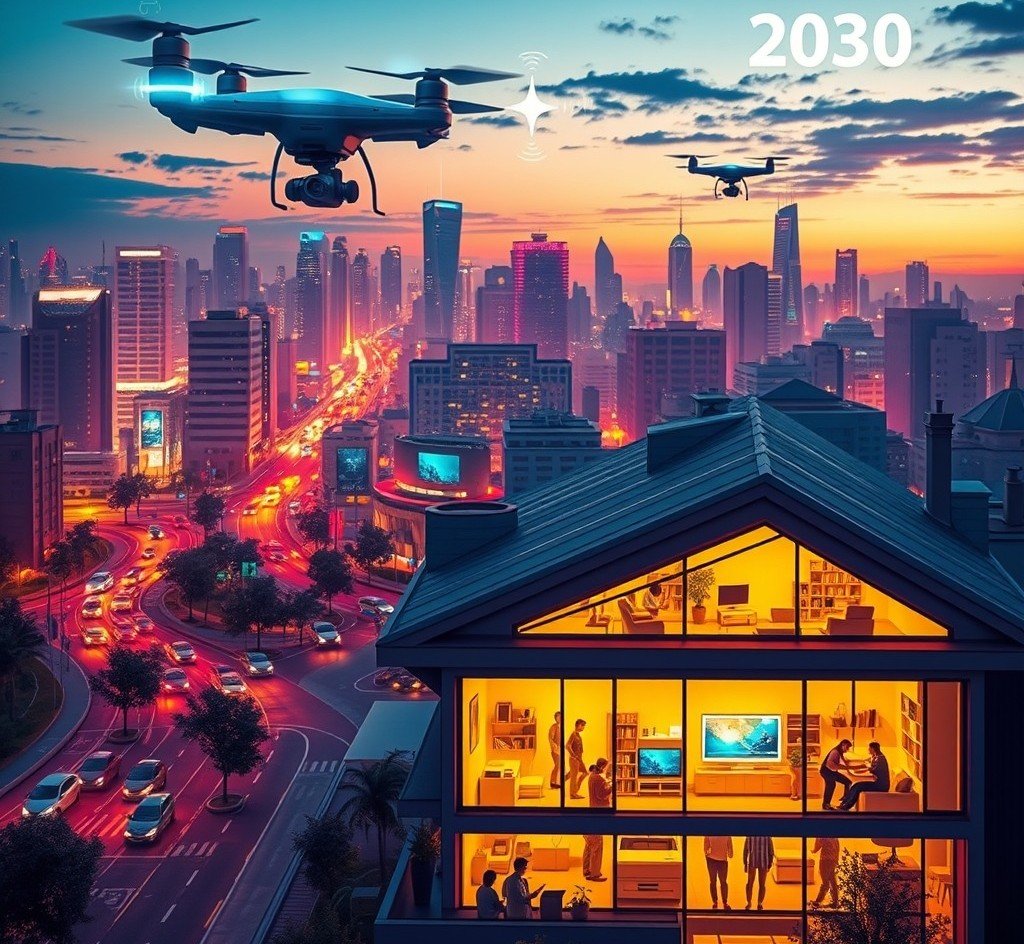
By 2030, autonomous vehicles will become commonplace, revolutionizing urban mobility. AI will guide self-driving cars using deep learning, sensor fusion, and real-time traffic analysis to minimize accidents and improve efficiency.
Expected Developments:
- Reduced road accidents by 90%
- AI-powered logistics and freight systems
- Smart traffic control and route optimization
- Increased accessibility for the elderly and disabled
AI Assistants as Daily Companions
AI-powered virtual assistants are evolving beyond setting reminders and answering queries. By 2030, they will act as daily life managers—handling schedules, offering emotional support, tutoring kids, and even managing finances.
Features of Future AI Assistants:
- Hyper-personalization
- Multilingual voice recognition
- Emotional intelligence (EI) integration
- Context-aware decision-making
The Future of Work with AI
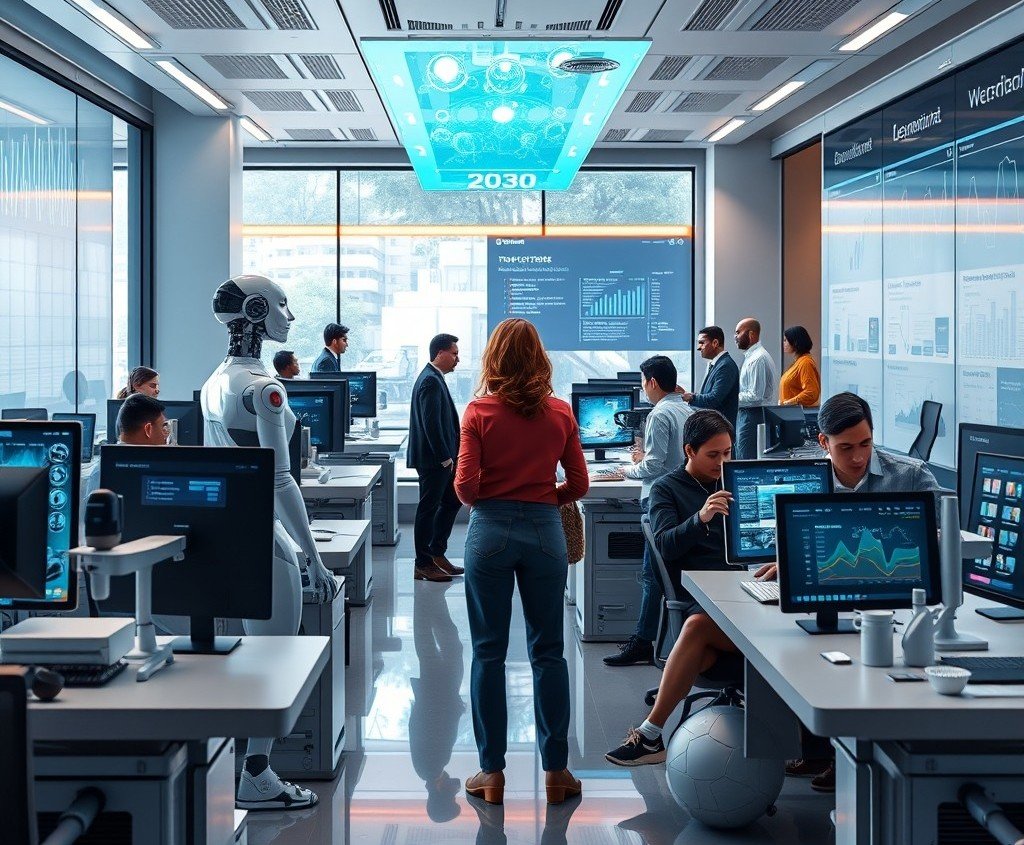
Workplaces will see an AI-driven transformation, affecting hiring, operations, communication, and productivity. AI will automate routine tasks, allowing human employees to focus on strategic and creative roles.
Workplace Innovations:
- AI recruitment tools analyzing candidate behavior
- Virtual AI coworkers handling emails, reports, and data
- AI-based project forecasting and risk analysis
- Upskilling employees through personalized learning algorithms
The Broader Impact on Society
AI’s reach extends beyond these top 5 areas, influencing education, finance, agriculture, and even entertainment. Society will experience a paradigm shift where daily decisions, processes, and interactions will involve AI collaboration.
Conclusion
AI Will Revolutionize Everyday Life by 2030, not as a futuristic ideal, but as a daily reality. From our homes and vehicles to hospitals and offices, AI will be embedded in every facet of modern life. As we prepare for this AI-integrated future, embracing its possibilities while addressing ethical and social implications will be critical to ensuring a balanced and beneficial technological revolution.
FAQs
What is the revolution of AI?
- AI revolution refers to the rapid advancement and integration of artificial intelligence technologies across industries, transforming how we live and work.
What is the AI Revolution 2025?
- The AI Revolution in 2025 signifies a pivotal moment where AI applications become more ubiquitous, impacting everything from healthcare to transportation.
Who started the AI revolution?
- The AI revolution has been driven by numerous pioneers and organizations globally, including research institutions, tech giants like Google and IBM, and visionary entrepreneurs.
How will AI revolutionize the world?
- AI will revolutionize the world by enhancing productivity, automating tasks, improving healthcare diagnostics, and enabling smarter decision-making across sectors.
Will AI replace humans?
- AI is unlikely to replace humans entirely but will augment human capabilities, potentially reshaping job roles and requiring new skills for the workforce.
Is AI good or bad for society?
- AI’s impact on society is nuanced; while it offers tremendous benefits like efficiency and innovation, concerns remain about job displacement and ethical implications that need careful consideration.
